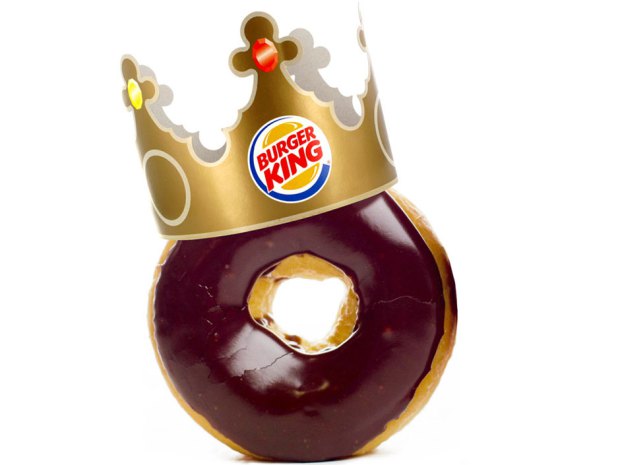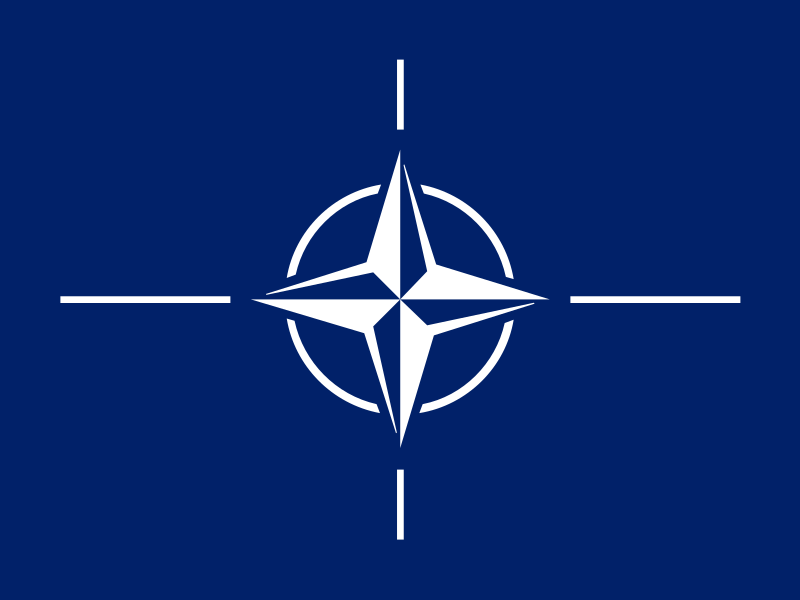The end of August 2014 saw two giants of the fast-food world, Burger King and Tim Horton’s, merge their corporations and combine their corporate headquarters in Oakville, Ontario. While stock markets greeted the announcement with jubilation, many Canadians were not as happy, accusing the coffee hegemon, which controls around 75% of the coffee sales in Canada of being unpatriotic. Considered as a symbol of Canadian national identity by many Canadians, Tim Horton’s is more than a place to get a cup of coffee. Recognizing this, the company plays on the sentiments of its followers in its advertisements, relying on cold winter nights, summers by the lake, and hockey dads to sell their products as an emblem of Canada. This practice is common amongst many other brands, but Canadians have embraced this self-definition to a peculiar extent.
Nationalism is a relatively contemporary form of identity and social organization, emerging for the most part within the past three hundred years. Benedict Anderson, of Cornell University and author of Imagined Communities, a seminal work on the emergence of nationalism, theorized that the nation was simply a new type of ‘imagined community’. Communities, Anderson claims, are functionally restricted to the small group of people actually known or those one might encounter on a day-to-day basis. An imagined community though, extends the sense of solidarity and familiarity of a community to encompass a broader group of people.
Where does Tim Horton’s figure in Anderson’s theory? As one of the dominant food companies in Canada, the company, since its inception, has based its image (both products and namesake), on appealing to the greatest number of Canadians possible. As it has grown, Tim Horton’s has become a common household name. This widespread popularity has enabled marketing Tim Horton’s as genuine ‘Canadiana’ possible. When an advertisement shows a grandfather cheering for his grandson at a hockey game, an immigrant welcoming his family to Canada for the first time with winter coats and coffee, or a small-town couple dropping their daughter off at university, these images speak to our collective conscious. In that moment, we are all Canadians.
It should come as no surprise therefore, that some were angered by the sale of a significant element of Canadian cultural identity to a quintessential American company. More than a company, the sale of Tim Horton’s has become the sale of our national identity.
Recent history demonstrates that Canadians are not the only ones to associate a commodity or brand with a national identity. During the lead-up to the Iraq War, Americans changed ‘French fries’ to ‘Freedom fries,’ and ‘French toast’ to ‘Liberty toast,’ in response to France’s refusal to participate in the invasion of Iraq. National and collective symbolism is not restricted to brands or products. While little on the ground differentiates Jerusalem from other cities in the Middle East, the numerous religious and national symbols cherished by both Israelis and Arabs make it a key sticking point in any peace agreement.
People are willing to fight, die, and kill for national symbols. While such a reaction might seem unlikely in the case of Tim Horton’s, the uproar the recent merger has incited makes one thing clear: when it comes to coffee, Canadians want foreign hands off their double-doubles.





